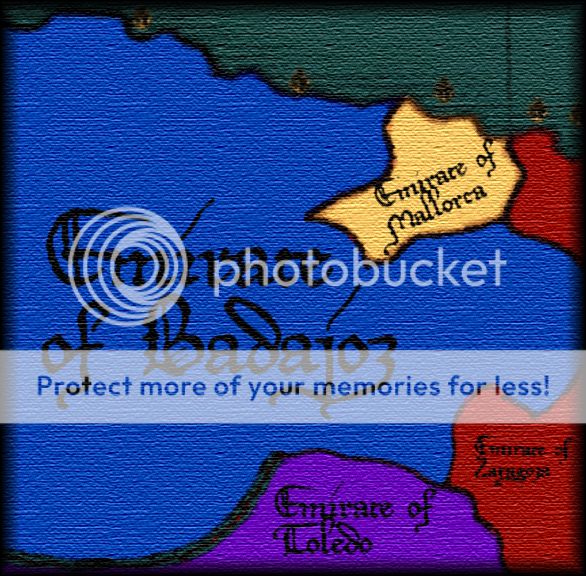Friendship, yep, and his martial skill (the Count's) is either 13 or 14, memory is a bit shoddy and I have to run out before I can check.
Thanks for the comment!
Thanks for the comment!


A very humourous and well crafted AAR. Enjoying reading it
Why does everyone always want to conquer Iberia from musulmans?o
